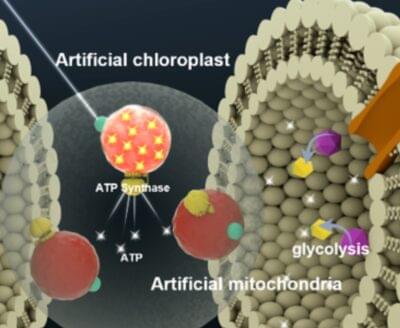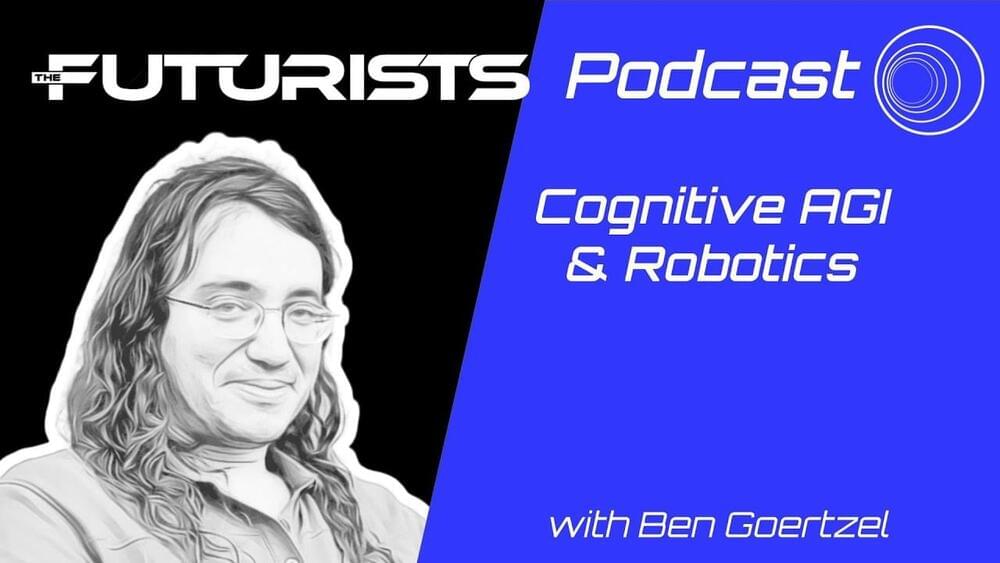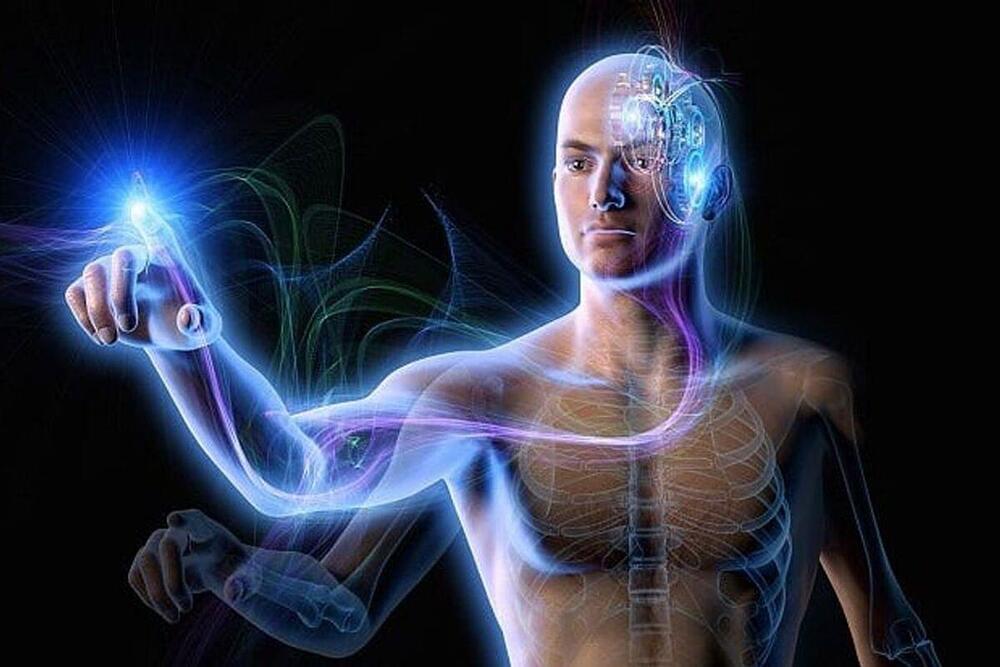Energy production in nature is the responsibility of mitochondria and chloroplasts, and is crucial for fabricating sustainable, synthetic cells in the lab. Mitochondria are “the powerhouses of the cell,” but are also one of the most complex intracellular components to replicate artificially.
In Biophysics Reviews, by AIP Publishing, researchers from Sogang University in South Korea and the Harbin Institute of Technology in China identified the most promising advancements and greatest challenges of artificial mitochondria and chloroplasts.
“If scientists can create artificial mitochondria and chloroplasts, we could potentially develop synthetic cells that can generate energy and synthesize molecules autonomously. This would pave the way for the creation of entirely new organisms or biomaterials,” author Kwanwoo Shin said.








